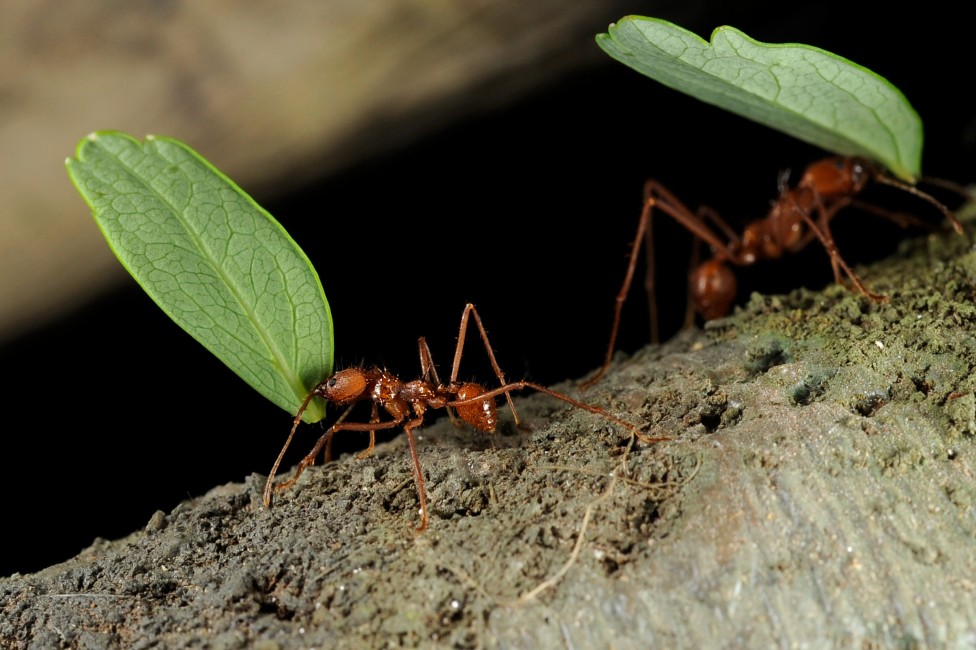
October 10, 2014
Creepy Crawlers?
- as seen by -
 Dan Rosen
Dan Rosen
It’s Halloween — not the best time of year for insects and spiders. We tend to group them in with the vampires, ghosts, and zombies of the world. Boo! But are bugs really the stuff of nightmares? In fact, says entomologist Craig Gibbs, Assistant Curator at the Queens Zoo, insects, including leaf cutter ants (above), are diverse and fascinating. They’re also critically important to our planet.
ROSEN: Why is it that insects tend to get a bad rap?
GIBBS: I think throughout history, a lot of what insects have been known for isn’t generally positive. Fleas caused the black plague and mosquitoes pass malaria. People come to know the so-called pest species — this really small group of insects that are not beneficial to people or are hurtful. If insects come up in the news, it’s usually going to be bed bugs or something like that. It’s nothing good. But those are just a fraction of the picture.
I used to joke, there aren’t a lot of people out there with t-shirts that say, “Save the Maggots.” They’re not fluffy and cute.
ROSEN: What are we missing?
GIBBS: One of the amazing things about insects is that they’re incredibly diverse and well adapted to their environment. Insects have survived some of the world’s major mass extinctions, like the cretaceous extinction [when dinosaurs were wiped out, among others]. Insects lost maybe an order. The rest of them skated through.
The other thing is that they’re vital to the environment. And I think insect conservation is going to become much more prominent in the near future. We’re starting to see things like the honeybee decline get attention. With a little research, people are learning that, with fertilization, honeybees are responsible for literally billions of dollars in agricultural products.
ROSEN: How do we spread that message?
GIBBS: You’d love to think that people would look at insects and say, “Of course they should be conserved and protected. They have a right to be on this planet like anything else and they’re a valuable part of the ecosystem.” But I think the way you’re going to reach people is by educating them about the animals that are beneficial to humans and the environment.
And this is incredibly pressing because we’re losing insect species very quickly, including ones that nobody has seen before that we could’ve learned from. Insects live in an arms race with plants. In terms of creating toxins, or venoms, who knows what’s out there that could be valuable to us? But maybe it lives in just one patch of forest that is being wiped out and it’s gone before we even see it.
EDITOR’S NOTE: Love insects too? Take a great photo of a bug and submit it to the blog. We’re celebrating them as part of this month’s theme.
Nikon D3
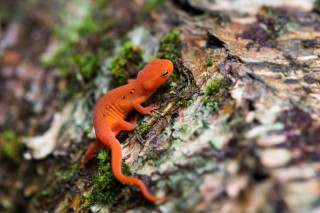
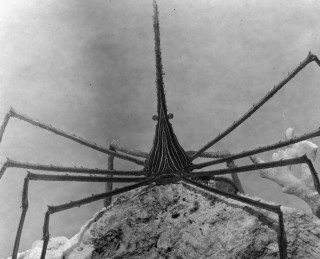
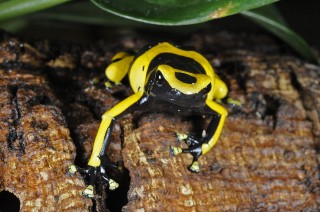
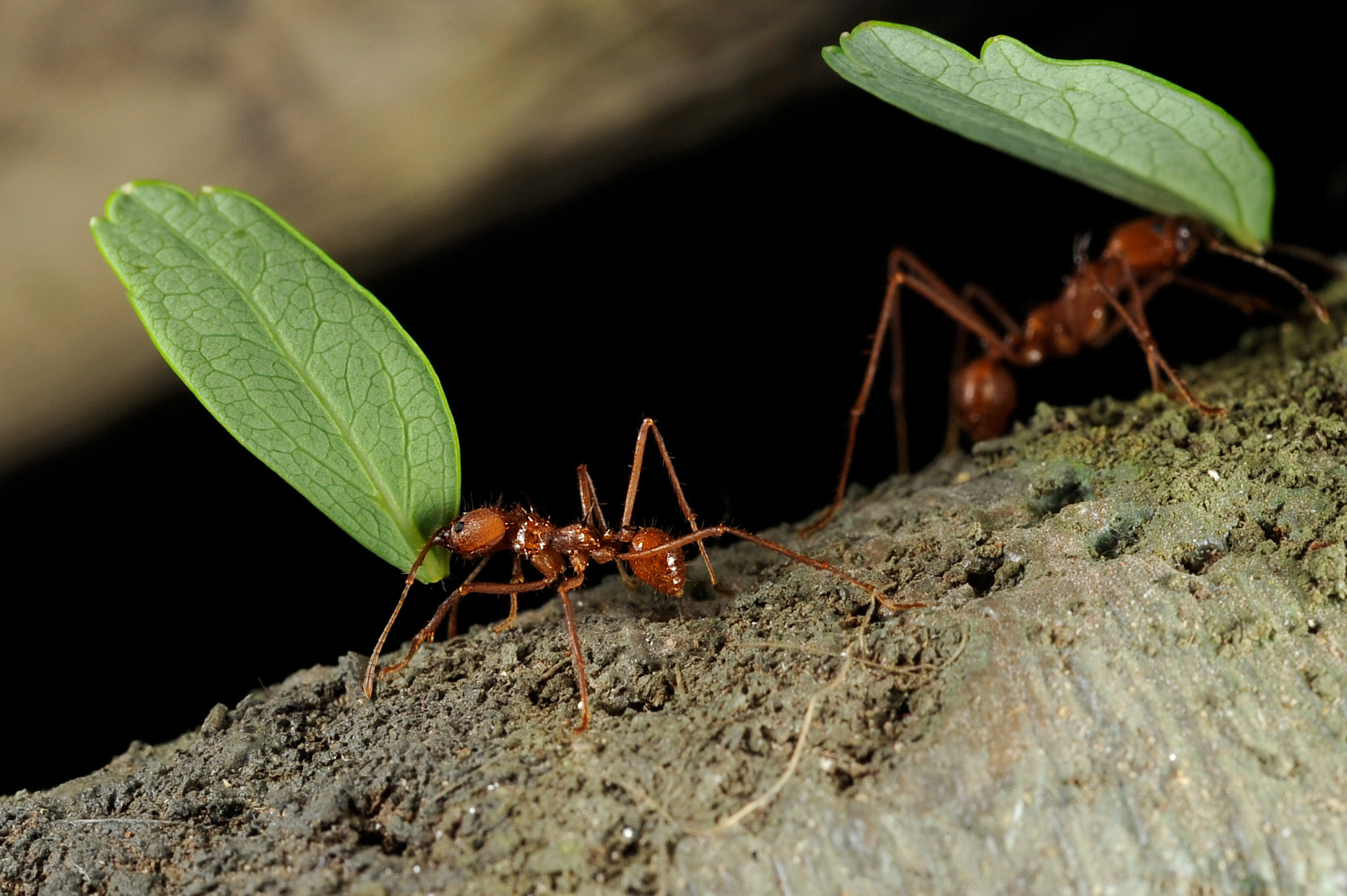
Leave a Comment